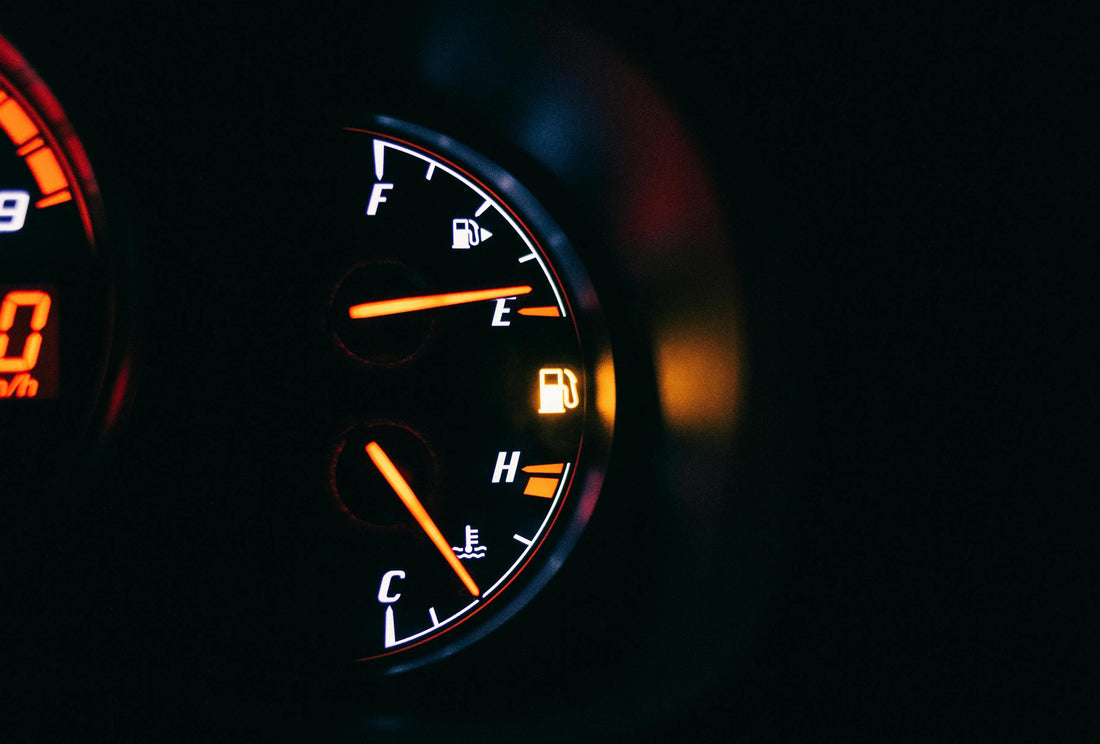
A Guide to Endurance Nutrition
Share
When it comes to endurance sports, how you fuel your body can make or break your performance. The more intense your workout, the more your body is going to rely on additional carbohydrates for immediate energy. Here's why getting your fuelling strategy right during your endurance training is crucial to your success and how to do it effectively.
Why Carbs Are Essential for Endurance Athletes
During high-intensity training, your body burns through stored carbohydrates (glycogen) and blood glucose. When these run low, fatigue sets in and your performance starts to decline. This phenomenon, known as "hitting the wall," or “bonking” is common in long-distance events like marathons.
Typically, our bodies store enough glycogen for about 90 minutes of prolonged exercise, meaning that after this point, you’ll likely need to refuel to keep going. Consuming carbs during prolonged exercise can also help to control cortisol levels, reducing muscle damage and aiding in faster recovery.
The Science of Carbohydrate Absorption
Research shows that, typically, your body can absorb up to 60 grams of glucose per hour. Consuming more than this can lead to gastrointestinal distress, so it’s best not to exceed this during training. However, studies show that using a combination of carb sources, like glucose and fructose, can boost absorption rates to around 90 grams per hour.
How Much Carbohydrate Do You Need?
As a rule of thumb, you should be aiming for around 30 to 60 grams of carbohydrates per hour during your workout. This keeps your energy levels steady and helps prevent the dreaded "bonk" mid-race. It’s important to consider fuelling based on time rather than mileage, as it’s the duration of effort that your body senses, not the distance.
The perfect time to fuel very much depends on the individual, as everyone absorbs and processes carbohydrates at different rates, but if in doubt, taking in fuel every 45 minutes is a good starting point to ensure that you maintain consistent energy levels.
Above all, the most important thing to remember is to fuel before you think you need it, rather than waiting until after you’ve crashed into the wall.
Carbs vs. Fat: Why Carbs Matter More During Intense Exercise
While fat stores can provide a significant amount of energy, carbs are more efficient for high-intensity exercise. They allow you to perform at a higher percentage of your maximum potential output as they can be broken down into usable energy by your body a lot quicker than fat can. The faster you move, the quicker you burn through your glucose and glycogen stores, meaning you’ll need to be taking in carbohydrates so as not to exhaust your stores completely.
Electrolytes: It’s Not Just About Carbs
Alongside carbohydrates, maintaining an electrolyte balance is vital for performance. Sodium, potassium, magnesium, and calcium are electrolytes which are key for proper hydration. For sodium, aim for 300-600 mg per hour to stay hydrated and maintain muscle function.
The Ideal Carbohydrate Source During Training
The perfect carbohydrate source during endurance exercise is one that is quickly absorbed, rapidly used by muscles, and requires minimal digestion. Whole-foods like bananas, which contain sucrose, fructose, and glucose, are excellent sources. Energy gels with similar compositions, such as those produced by reeal, will also be effective.
Practical Tips for Fuelling
- Start Early: Begin consuming carbohydrates early into your workout to maintain consistent energy levels. A good rule of thumb is starting around the 45 minute mark.
- Stay Consistent: Aim for 30-60 grams of carbohydrates per hour, adjusting this based on your training intensity and duration.
- Electrolyte Balance: Don't forget electrolytes—sodium, which is lost as you sweat, is particularly important.
- Test in Training: Try different fuelling strategies during training to see what works best for you and your body.
Say Hello to Real Food Fuelling
 Our energy shots are crafted from real, unprocessed plant-based ingredients, packing an impressive 30g of carbs into each serving.
Our energy shots are crafted from real, unprocessed plant-based ingredients, packing an impressive 30g of carbs into each serving.
Packed with natural electrolytes, reeal supports effective hydration, optimising your performance and helping you achieve your endurance goals.
Proper fueling is a game-changer for endurance athletes. By understanding your body's carbohydrate needs and incorporating effective fuelling strategies, you can enhance your performance, avoid hitting the wall, and recover faster. Next time you gear up for a long training session or race, remember these tips, grab a reeal energy shot and say goodbye to the bonk.
Join the waitlist today for early access to our products!

